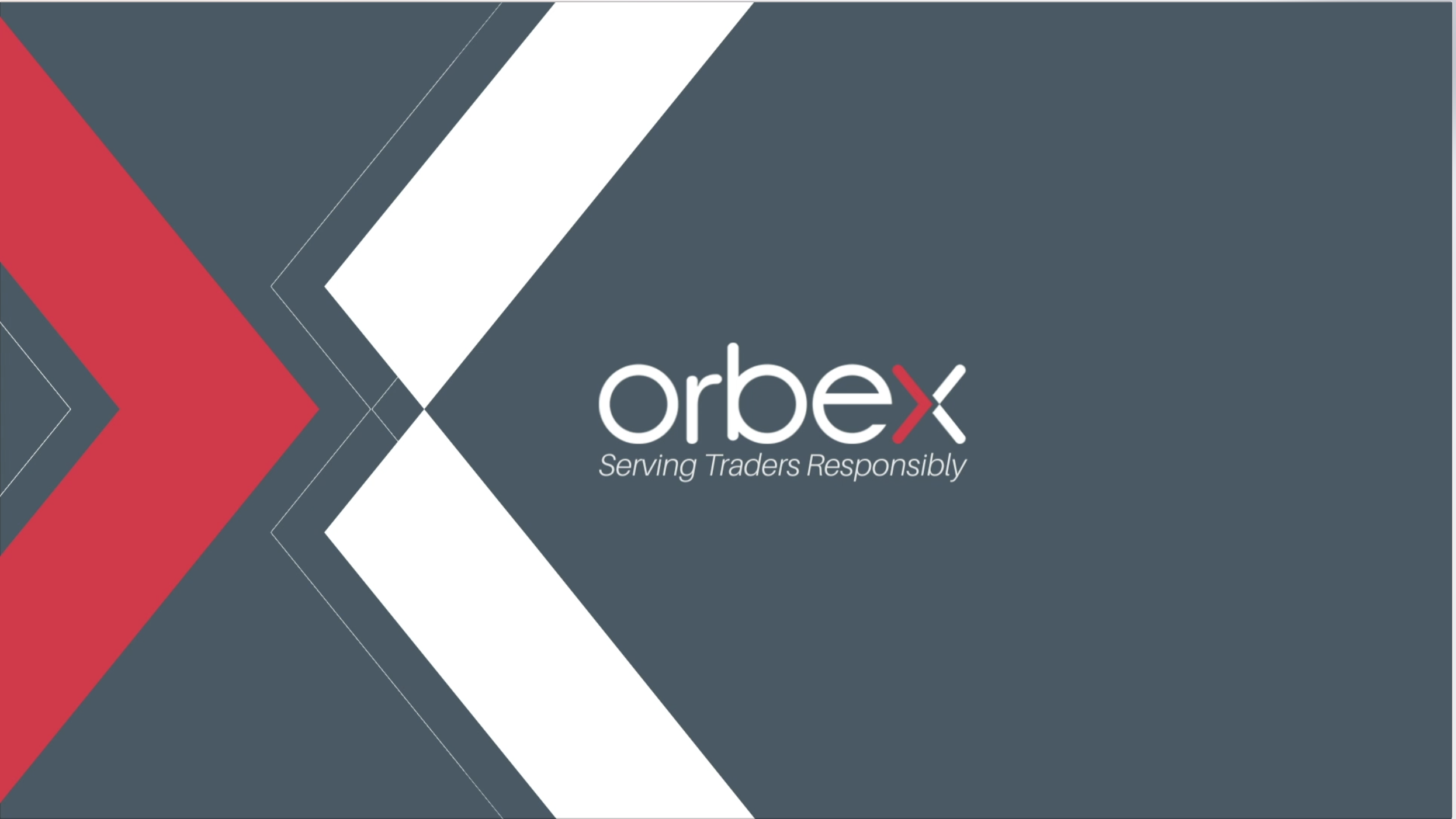Canada CPI to Ease in June

Statistics Canada will be releasing the monthly inflation figures later today. According to the median estimates from economists, Canada’s inflation is forecast to slow.
After inflation surged in May, headline CPI is forecast to rise just 0.2% on a month over month basis in June. This marks a slower pace of increase compared to the 0.4% rise seen in May 2019.
On a year over year basis, Canada’s annual inflation is expected to ease from 2.4% to 2.1% in the twelve months ending June 2019.
How do you feel the CAD will fare in the coming weeks? Open your Orbex account and trade now!
Most of the gains in inflation during May came from higher food prices. On the contrary, fuel and energy prices fell. When excluding the volatile components, Canada’s inflation rate edged higher by 2.7%.
Following the May 2019 inflation figures, the Bank of Canada held interest rates steady at 1.75%. The odds for a rate cut also fell sharply.
While Canada is experiencing a rebound in the economy, recent data has been subdued. For example, the recently released monthly jobs report showed Canada’s unemployment rate rising from 5.4% to 5.5%.
The economy was also seen losing 2,200 jobs during the month, following two consecutive months of solid gains.
Canada’s Consumer Prices Surge in May 2019
Consumer prices in Canada rose 2.4% in May compared to the same month, a year ago. The gains in consumer prices came on higher food prices. In April, Canada’s inflation rate nudged to 2.0%, official data from Statistics Canada showed earlier in June.
On a year over year basis, prices rose in all of the eight categories in the consumer price index. There were some significant increases seen in food prices. Food prices rose 12% during the twelve months through May 2019. This followed a 3% increase in the twelve months through to April.
The acceleration in inflation came due to the growth in food prices. Cost of fresh vegetables rose 16.7% while the price of meat products grew 2.9%.
Canada’s durable goods prices rose 2.5% compared to the same period the year before and the cost of new vehicles rose 4.2%.
Gasoline and fuel prices were the exceptions. Gasoline prices fell 3.7% compared to May last year. Energy prices have been low, rising just 0.1% in the past year. Gasoline prices were down 3.7% on the whole.
The inflation rate rose 2.7% when excluding energy prices.
Despite the uptick in the inflation data, the data remains quite volatile. The numbers are easily skewed by various factors.
The core inflation rate measure from Statistics Canada is a more stable figure to follow. The core inflation rate in the twelve months to May 2019 was 2.1%. This was, incidentally, the highest inflation rate in Canada since 2012.
Following the strong inflation reading, the Bank of Canada held interest rates steady. At its meeting in early July, the Bank of Canada said that it was closely monitoring the risks from the global trade tensions.
Unlike the Fed and the ECB which are contemplating to ease monetary policy, the BoC is maintaining a wait and watch mode.
Will Canada Inflation Rise in June?
Various inflation figures from economies such as the US showed a modest uptick in inflation. The gains came due to a slight increase in international oil prices. Thus, the uptick in the energy prices could see headline inflation rising marginally.
However, the Bank of Canada views the core inflation rate as a steady measure of consumer prices. The core inflation rate was at 2.1% in May. A miss on the estimates is unlikely to shift the consensus view on the BoC in the near term.
Thus, the risks are more to the upside than a miss on the estimates for consumer prices.
Having said that, for the Bank of Canada, it is not just inflation but also the risks from a slowing global economy as well. As a result, the markets could merely brush aside today’s inflation report.





